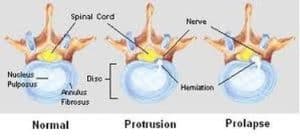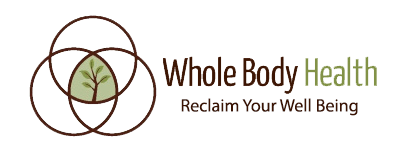Whole Body Health
Disc Herniation Injury
Neck & Back Pain
Disc Herniation Injury

There are different names for disc herniations – ruptured disc, herniated disc, slipped disc, bulging disc, protruding disc, extruding disc – but they all come down to two basic types: contained disc herniations or non-contained disc herniations.
Contained discs – Those discs that the center of the disc (nucleus) stays within the outer anular fibers, usually causing low back pain and possibly leg pain.
Non-contained discs – Those discs that the center of the disc (nucleus) escapes through the outer anular fibers, usually resulting in leg pain.
Each section of the spine is examined, diagnosed and treated a little differently, but the desired outcome is the same: a return to your pain-free quality of life as quickly as possible.
Call to Book: (512) 328-5200
Important Notes On Disc Healing
“It’s gone!” Not feeling any pain, especially for the first time in days, weeks, months or even years is certainly a cause for celebration.
But remember, it takes three months for a torn disc to heal well enough to allow you to return to daily activities like prolonged computer work, lifting, twisting, etc. The first three to four weeks of concentrated treatment, therapies, and at-home care are designed to allow the best opportunity for the disc to heal quickly.
In office, Whole Body Health uses muscle balancing techniques, McKenzie technique, specific low force adjustments to lower the pressure in the disc so the nucleus pulposus returns to the center of the disc, aid in the healing of the torn anular fibers, and drive out chemicals that irritate and irritate the spinal nerves.
At home you will want to consider avoiding sleeping on your stomach, sleeping on a good mattress, consistently performing exercises as recommended, taking nutritional supplements that help to rebuild disc cartilage and modifying your daily activities, as needed.
